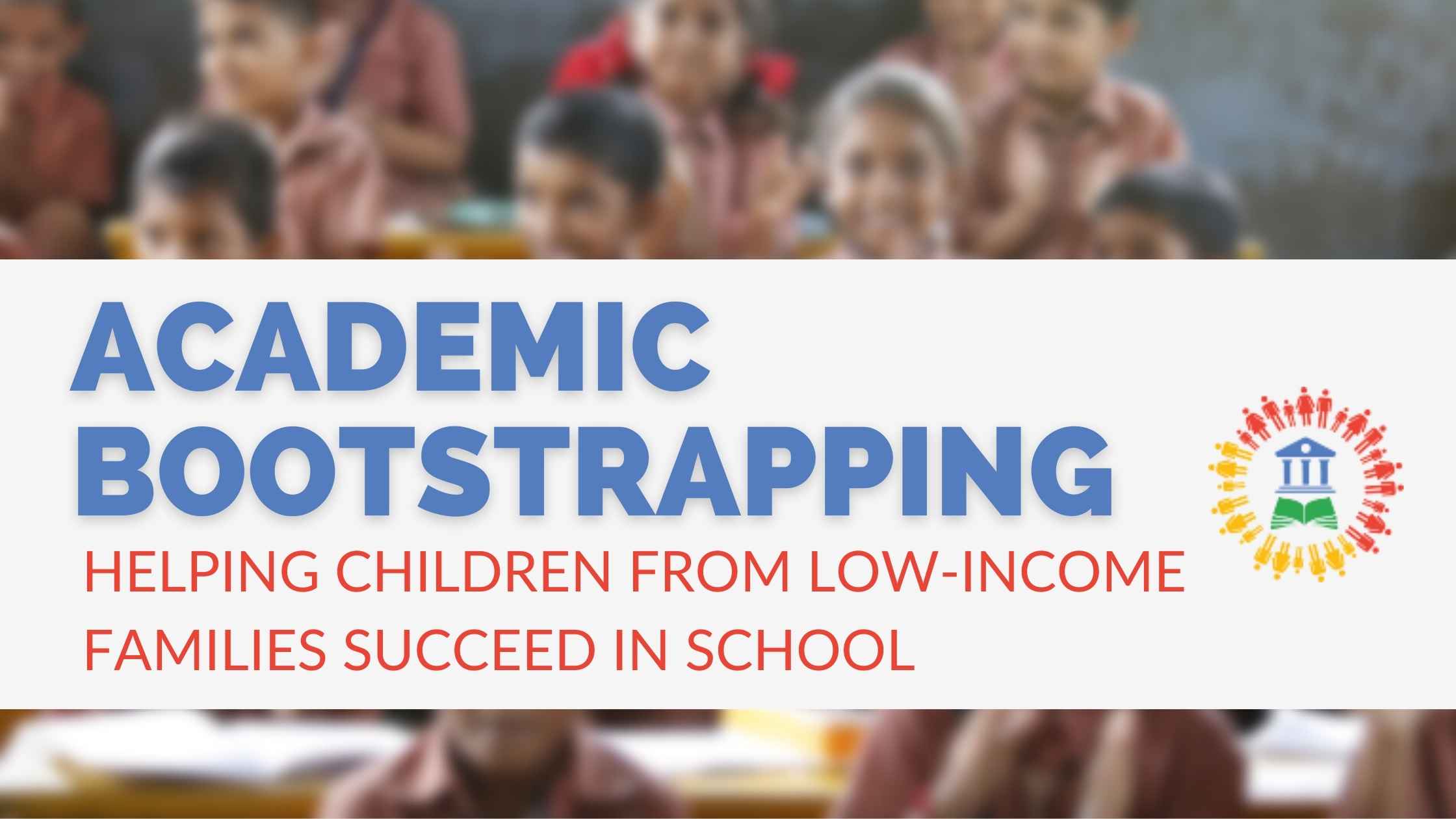
What is academic bootstrapping?
Academic bootstrapping is the practice of parents from low-income families putting extra pressure on their children to succeed academically. This is often done in the hopes that their children will be able to achieve a higher social class than their parents.
Why do low-income parents engage in academic bootstrapping?
There are a number of reasons why low-income parents might engage in academic bootstrapping. One reason is that they may believe that education is the only way for their children to escape poverty. Another reason is that they may feel pressure from their own families and communities to ensure that their children do well in school.
What are the positive effects of academic bootstrapping?
Academic bootstrapping can have both positive and negative effects. On the one hand, it can motivate children to work hard and achieve their goals. On the other hand, it can also lead to stress and anxiety, and it can make it difficult for children to enjoy learning.
What are the negative effects of academic bootstrapping?
Some of the negative effects of academic bootstrapping can include:
- Stress and anxiety: Children who are under a lot of pressure to succeed academically may experience stress and anxiety. This can lead to problems such as difficulty sleeping, headaches, and stomachaches.
- Loss of enjoyment of learning: If children are only focused on achieving academic success, they may lose the joy of learning for its own sake. This can make it difficult for them to stay motivated in school.
- Feelings of inadequacy: Children who are not able to meet the high expectations of their parents may feel inadequate or like they are a disappointment. This can lead to low self-esteem and other problems.
How can parents engage in academic bootstrapping in a healthy way?
There are a number of ways that parents can engage in academic bootstrapping in a healthy way. These include:
- Setting realistic expectations: It is important for parents to set realistic expectations for their children’s academic performance. This will help to avoid setting their children up for failure.
- Praising effort, not just achievement: Parents should praise their children for their effort, not just their achievements. This will help children to focus on the process of learning, not just the end result.
- Encouraging children to enjoy learning: Parents should encourage their children to enjoy learning for its own sake. This will help children to stay motivated in school and to develop a love of learning.
FAQs
- What is the difference between academic bootstrapping and helicopter parenting?
Helicopter parenting is a parenting style in which parents are overly involved in their children’s lives. This can include things like checking their children’s homework constantly, helping them with their homework, and making decisions for them. Academic bootstrapping is different from helicopter parenting in that it is focused on academic achievement, while helicopter parenting is more general.
- What is the difference between academic bootstrapping and tiger parenting?
Tiger parenting is a more extreme form of academic bootstrapping. Tiger parents often put their children under a great deal of pressure to succeed academically, and they may use harsh methods to motivate their children. Academic bootstrapping is less extreme, and it is more focused on providing children with the resources and support they need to succeed in school.
- Is academic bootstrapping always a good thing?
No, academic bootstrapping is not always a good thing. It can have both positive and negative effects. It is important for parents to carefully consider the potential benefits and drawbacks of academic bootstrapping before deciding whether or not to use it.
- What are some of the challenges of academic bootstrapping?
Some of the challenges of academic bootstrapping include:
- Finding the time and resources to provide your child with the extra support they need.
- Dealing with the stress and anxiety that your child may experience.
- Keeping your child motivated and engaged in their studies.
- What are some resources for parents who are interested in academic bootstrapping?
There are a number of resources available for parents who are interested in academic bootstrapping. These include books, websites, and organizations. Some of these resources include:
- The book “The Black Box of Excellence” by James Heckman
- The website “Parenting for High Achievement”
- The organization “The Achievement Gap Initiative”
Conclusion
Academic bootstrapping is a complex issue with both positive and negative effects. It is important for parents to carefully consider the potential benefits and drawbacks of academic bootstrapping before deciding whether or not to use it. There are a number of resources available to help parents who are interested in academic bootstrapping.